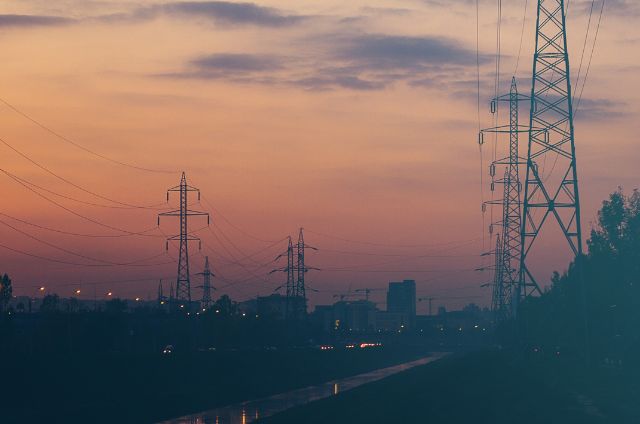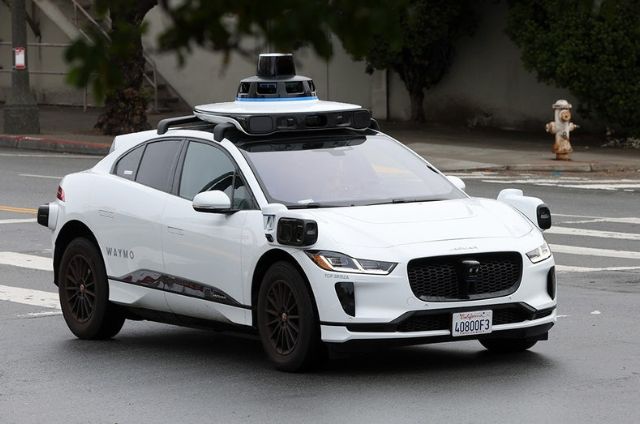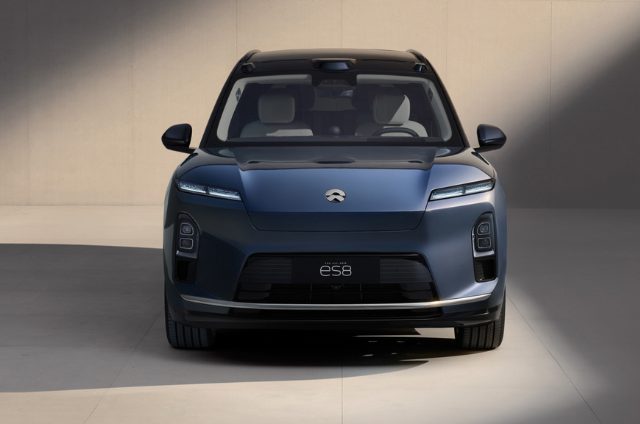Is Charging an EV Still Cheaper Than Gas?
For years, electric vehicles have carried the promise of lower fuel costs. But with electricity prices surging in many U.S. states, EV owners are starting to crunch the numbers again—and the results are… nuanced.
Electricity Prices Are on the Rise
In states like New Jersey, electricity prices have spiked by as much as 28%. While that’s not the norm nationwide, many utilities have already auctioned higher rates through early next year. It’s not speculation—it’s baked in.
Even regions powered by natural gas or nuclear are seeing costs rise. The reasons? A mix of grid strain, AI data centers, outdated infrastructure, and rising demand across sectors.
EVs Still Win—For Now
Despite rising rates, the math still favors EVs for most drivers. A user driving a Volt broke it down:
- 6 kWh = ~20 miles = $1
- 1/3 gallon gas = ~14 miles = $1
That’s still about 45% cheaper to drive on electricity—if you’re charging at home. Fast charging or public rates? That’s where the gap closes quickly.
Solar = The Great Equalizer
Many users highlighted solar as the long-term hedge. Homeowners who’ve already installed panels are locking in power at 5–8 cents per kWh—far below current utility rates.
And as costs rise, solar ROI only improves. It’s not an option for everyone, but for those who can swing it, it’s a game changer.
It’s Not All About Price
Multiple users pointed out that even if cost parity hits, EVs still offer major advantages: less maintenance, smoother rides, instant torque, and the freedom to never visit a gas station.
EV ownership isn’t just about dollars per mile—it’s about the entire experience.
So… Is the Tipping Point Coming?
In short: not yet. EVs remain cheaper to run for most drivers—especially those with home charging. But if electricity costs continue climbing without grid upgrades or pricing reforms, we could hit a crossover point.
The real question? Will utilities, governments, and consumers adapt before that happens.



